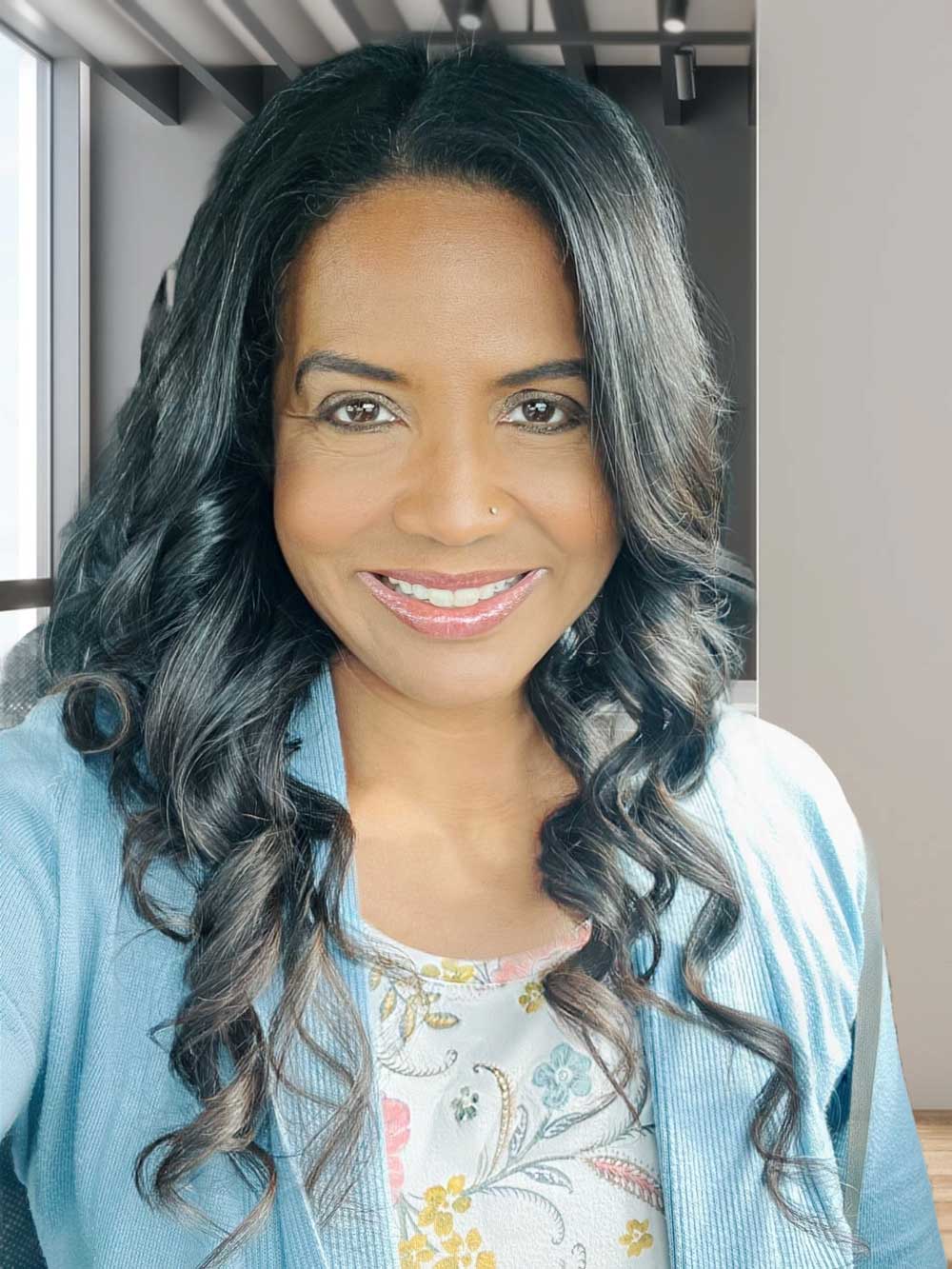Dr. Kerris Oates (she/her)
Dr. Kerris Oates is a registered clinical and counselling psychologist who has spent over 15 years providing assessments and treatment for children, youth, adults, and couples through an anti-racist anti-oppressive lens. As a native of Southwestern Ontario, she earned her Ph.D. from Rosemead School of Psychology at Biola University in California.
Her assessments are personalized to identify diagnosable challenges or exceptionalities (including Attention-Deficit/
“I’m passionate about helping clients gain insight about themselves in order to grow and thrive in school, work, relationships, and performance.”
Committed to educating and mentoring budding healthcare professionals, she provides clinical supervision and also serves as an Assistant Professor at McMaster’s Michael G. DeGroote School of Medicine.

Dr. Kerris Oates (she/her)

Dr. Kerris Oates is a registered clinical and counselling psychologist who has spent over 15 years providing assessments and treatment for children, youth, adults, and couples through an anti-racist anti-oppressive lens. As a native of Southwestern Ontario, she earned her Ph.D. from Rosemead School of Psychology at Biola University in California.
Her assessments are personalized to identify diagnosable challenges or exceptionalities (including Attention-Deficit/
“I’m passionate about helping clients gain insight about themselves in order to grow and thrive in school, work, relationships, and performance.”
Committed to educating and mentoring budding healthcare professionals, she provides clinical supervision and also serves as an Assistant Professor at McMaster’s Michael G. DeGroote School of Medicine.
Areas of Practice
- Children's Psychological Assessments
- ADHD and Learning Disabilities
- Children's Mental Health
Credentials
- Ph.D in Clinical Psychology from Biola University (2007)
- M.A. In Clinical Psychology from Biola University (2004)
- Honours Bachelors of Science in Psychology from McMaster University (2001)
- College of Psychologists and Behaviour Analysts of Ontario, Registered Psychologist (Cert. No. 4573)
Publication Highlights
- del Rosario, K.L.M. (2019). Caring for yourself while caring for others. Family Matters in Milton, Spring 2019, pp. 28 & 30.
- del Rosario, K.L.M. (2018). Overcoming your overreactions. Family Matters in Milton, Fall 2018, pp. 8 & 10.
- del Rosario, K.L.M. (2016). Accident aftermath: Managing your emotions after a motor vehicle collision. Family Matters in Milton, Fall 2016, pp. 14-16.
- del Rosario, K.L.M. (2015). Mental health diagnosis: Friend or foe? Family Matters in Milton, Summer 2015, pp. 8-9.
- Hall, M.E.L., Oates, K.L.M., Anderson, T.L., & Willingham, M.M. (2012). Calling and conflict: The sanctification of work in working mothers. Psychology of Religion and Spirituality, 4(1), pp. 71-83.
- Oates, K.L.M. (2007). Calling and conflict: A quantitative study of interrole conflict and the sanctification of work and mothering (Publication No. 3282691) [Doctoral Dissertation, Biola University]. ProQuest Dissertations & Theses Global.
- Oates, K.L.M., Hall, M.E.L., & Anderson, T.L. (2005). Calling and conflict: A qualitative exploration of interrole conflict and the sanctification of work in Christian mothers in academia. Journal of Psychology and Theology, 33(3), pp. 210-223.
